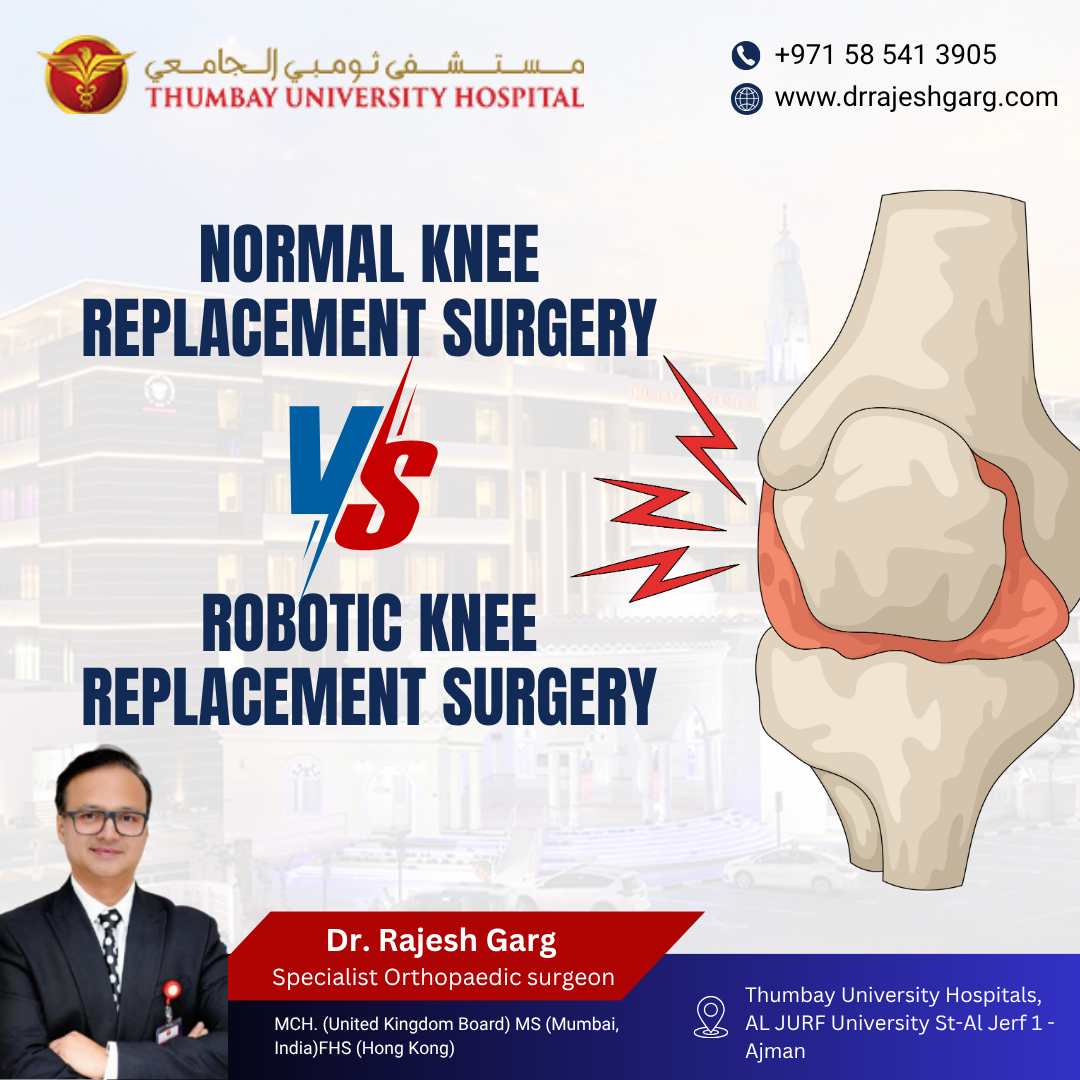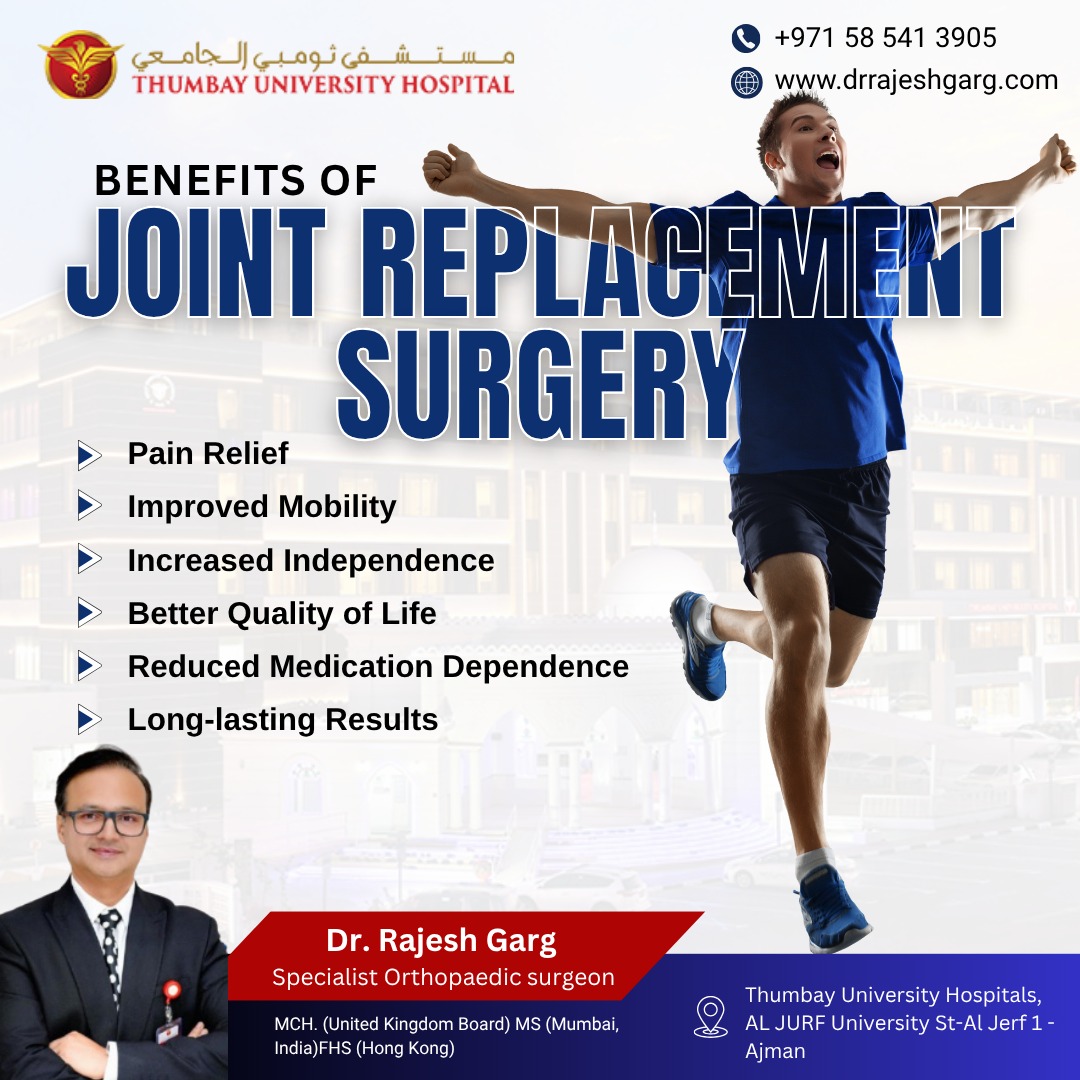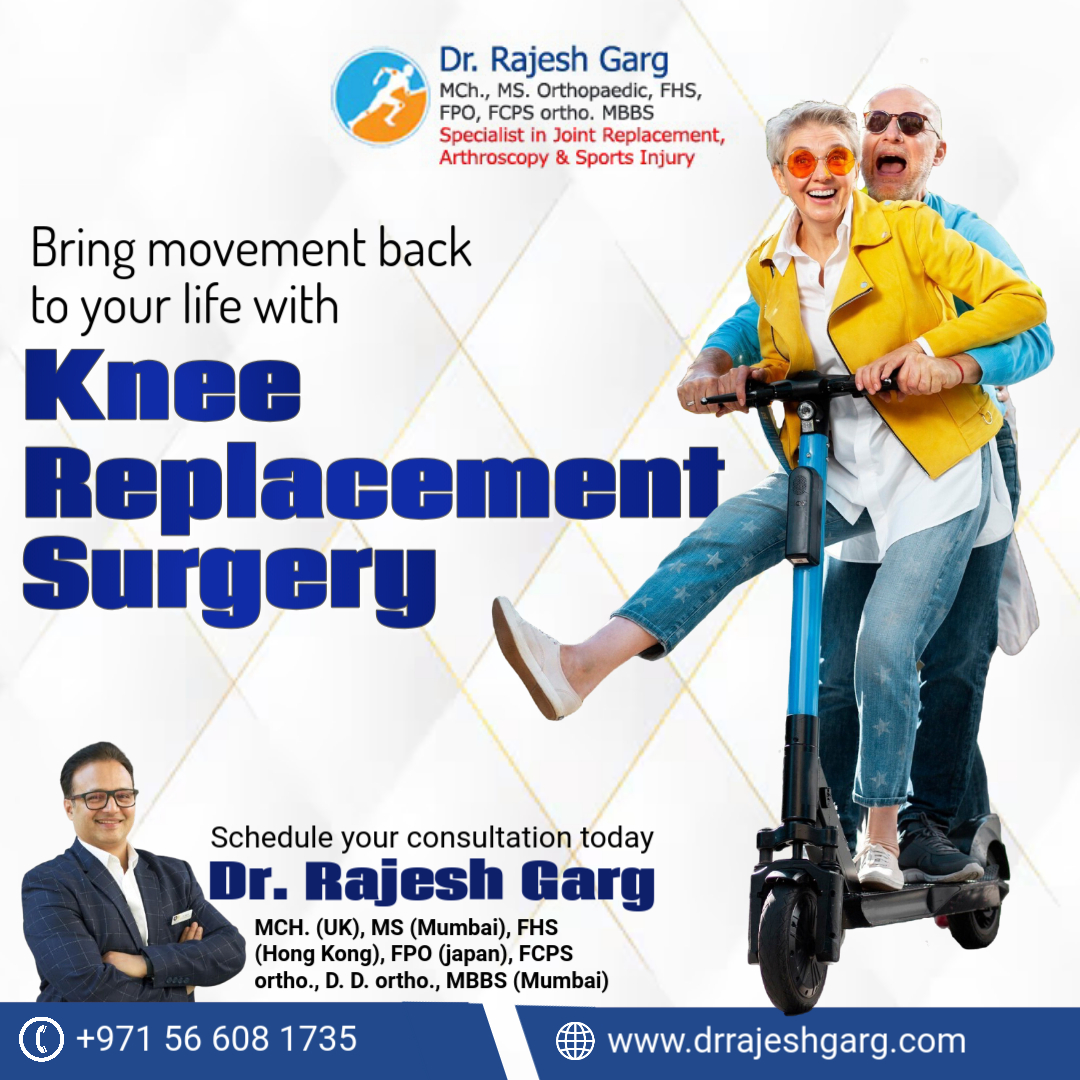When do I first visit the hospital?
About a week or so before surgery, you will visit the pre- op department in the hospital. This visit is to read and sign consents for the surgery, for the anesthesia, and for blood products (if needed). You will have lab tests, a chest X-ray, and an electrocardiogram. Please make a list of your medications and their dosages prior to this visit.
At this visit, you will be instructed on where to report on the morning of surgery. You will receive instructions on not eating or drinking after midnight the night be-fore your surgery. This includes chewing gum and hard candy.
Keep in mind that surgery schedules change often; this is why the exact timing of the operation is not known until the day before. If you have a special preference, such as being the first in the day, or last, or in between, simply let us know and we will do our best to accom-modate.
When will I be assigned a surgery time?
The hospital will contact you a day before the surgery to tell you what time to arrive at the hospital. Surgery schedules tend to change, which is why most hospi-tals will confirm the exact surgery time only a day or so before the operation. Please arrive early. The actual operation will usually be less than an hour in duration, but preparation takes much longer.
When do I see the anesthesiologist?
On the morning of your surgery, you will see an anes-thesia doctor (anesthesiologist) who will have already reviewed your medical records. If your medical condi-tion so requires, we will have consulted with the an-esthesia doctor ahead of time. This doctor will inquire about your health and plan the anesthetic technique, including any regional nerve pain blocks. If you know of a particular anesthesiologist at the hospital whom you would prefer to provide this service, simply let us know ahead of time.
Should I donate my blood for surgery?
No. This is not necessary since not everyone needs a blood transfusion after knee replacement. If you have religious convictions against blood products, let us know and we can arrange to recycle your own blood. Blood loss differs from patient to patient, and pre-ex-isting conditions such as anemia and other diseases can affect the odds of needing blood after surgery.
As a general rule, major bone surgery is associated with blood loss, but it is impossible to say how much blood a particular patient will lose. If needed, blood transfusions today are very safe and effective.
Medication Use Prior to Surgery
Can your office fill narcotics medications until my surgery?
Before surgery, we can prescribe medications that are non-narcotic and non-addictive. These typically in-clude anti-inflammatory medications and some light narcotic pain medications.
Any addictive drugs, such as narcotic pain-killers, should be obtained from your primary care doctor before surgery. Your primary care doctor and surgical team should be aware of all your medications, espe-cially narcotic medicines.
When, and what medicines should I stop?
In consultation with anesthesia and the pre-surgical medical consult, we will advise you personally which medications to stop in anticipation of surgery, and when to stop. The following are some general guide-lines:
• Ten days before surgery, stop taking blood thin-ning medications, such as clopidogrel bisulfate, ti-clopidine, or aspirin, as well as vitamins, nutritional supplements, herbal supplements, fish oil, and anti- inflammatory medications, such as ibuprofen.
• Five days before surgery, stop taking warfarin. This is a blood thinner that is usually prescribed for condi-tions such as blood clots, strokes, and irregular heart rhythm.
• Other medications can be continued until the day of surgery. If you are taking steroids, chemotherapy, or medications for rheumatoid arthritis (such as metho-trexate), we will advise you when to stop those.
If a medication is not listed here, check with your inter-nist or family doctor. You can also discuss these with us, the anesthesia staff, or the pre-op staff when you visit the hospital. When in doubt, please e-mail or call any of our staff.
Should I take vitamins and supplements before surgery?
No, and these should be stopped around 10 days before surgery. Vitamins, herbal supplements, and nutrition supplements can interact with the other medicines we use during surgery, and can lead to excessive bleeding during and after surgery. After knee replacement, pa-tients usually take a blood thinner for around a month. You can resume taking vitamins, supplements, and al-ternative therapies once you are off the blood thinner.
The Night Before Your Surgery
What do I need to do the evening before surgery?
The evening before surgery take a shower, but avoid shaving the legs, since this increases the bacterial load.For your hospital stay, pack a bag with a robe or house-coat that opens in the front; house shoes or comfort-able shoes for physical therapy; personal hygiene items; underclothing; glasses or contact lenses with case; dentures or partials with case; a case for hearing aid and spare battery; a walker if you have one; a C-Pap machine if you use one; loose fitting clothing to wear for physical therapy; advance directive if you have one; a list of current medications with dosages; an inhaler if you use one; and reading material, cell phone, and lap-top computer if you prefer. The hospital has wireless Internet for your use.
Can I take my medicines the night before surgery?
You should take your blood pressure and heart medi-cations with just a sip of water the morning of surgery. Your medical doctor may advise differently; if so, please follow his or her instructions and provide us with this information. For example, in some patients, warfarin may be an essential medication safeguarding against stroke. In that case, we would work with the medical doctor to continue this drug, and alter our surgical preparation accordingly.
The pre-operative visit to the hospital is a good time to take notes and ask questions. Each patient is different; we customize our procedures and planning to your in-dividual needs.
Why might surgery be cancelled at the last minute?
If you have an unexpected health problem, it may be safest to postpone the surgery until the situation is ad-dressed. Let us know if you have any of the following close to your scheduled surgery: symptoms of a cold or flu (chills, fever, or a cough); pain, burning or fre-quency when you urinate; cuts, scratches, rashes, bug bites, non-healing sores on your skin; new swelling on the leg undergoing surgery; or a change in your medi-cal condition, such as high blood sugar or chest pain. These situations could mean that surgery has to be re-scheduled.
Preparing for Your Return Home From the Hospital
Do I need someone to stay with me after surgery?
If you live alone, an adult friend or relative should stay with you, in addition to the home health nurse visits during the week. For very elderly patients and patients with other health problems, a stay in a rehabilitation unit or a nursing facility may be necessary.
You might consider local home health agencies prior to coming to the hospital. If you have private insurance, you will need to make sure you choose a home health agency contracted with your insurance. The best time to do this is before you have surgery. We have the re-sources to arrange many of these things for you to en-sure a smooth transition to your home.
How long do I need someone to stay with me after surgery?
You should plan on about two to four weeks, depend-ing on your individual circumstances and available re-sources. During the first month, a home health nurse will visit you several times a week. Having someone with you can help with daily activities and chores, even though you will be able to walk and transfer yourself by the time you leave the hospital.
Where can I get a disabled parking sticker?
We have forms that allow you to get a temporary dis-abled parking placard. A permanent disabled placard is not necessary after knee surgery, since the new knee is designed to increase your mobility. Some patients need a few weeks or months of parking in disabled zones, and others do not. Let us know if you need help with this.
How do I prepare my home for after sur-gery?
Prior to surgery it is a good idea to take a close look at your home environment to determine if it is “user friendly” for someone on crutches or a walker. Modifi-cations and equipment needs can be addressed ahead of time to ease your return home.






